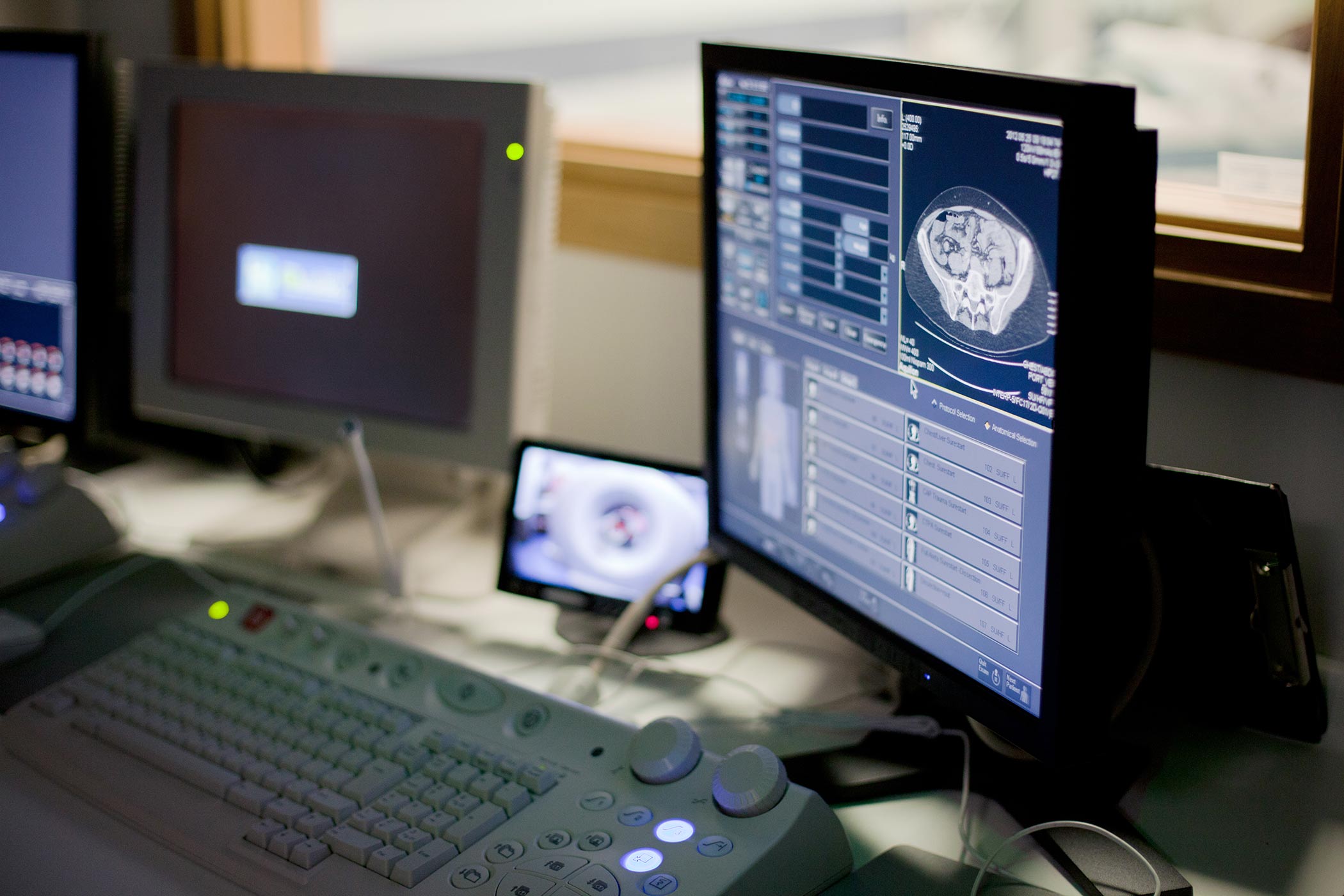{{item.title}}

Key takeaways
It can be argued that until fairly recently, artificial intelligence (AI) was perceived more as a feature of a hypothetical future than a force that’s rewriting our lives in significant ways.
From personalised shopping recommendations as you browse online to the chatbots that discuss your queries on a business website, AI is already making everyday tasks quicker and simpler. It can also take human errors out of the equation.
Unsurprisingly, healthcare — a sector in which automation, machine learning and the ability to quickly and accurately analyse vast amounts of data have life-saving benefits — is well placed for the disruptive potential of robotics and AI.
A convergence of trends is redefining the medical industry. These include rising worldwide demand from long-term illness, the explosion of health-related data, and the shift from current innovations in medical platforms that focus on real-time, outcome based care (such as wearables and data analytics) towards a new generation of intelligent solutions that revolve around predictive and preventative care.
Based on the findings of an online survey of over 11,000 people, What Doctor?: Why AI and Robotics Will Define New Health, a PwC study released in May 2017, reveals that patients are interested in taking a more proactive approach to their health and using new technologies to erase barriers when it comes to medical treatment.
What would the next generation of health tech look like, and in what way is artificial intelligence able to improve healthcare outcomes today? Here are some ways that AI is becoming a part of our healthcare ecosystem.
Anyone who’s ever fallen prey to the flu when they least expect it knows that it can take ongoing vigilance to stay on top of your health.
The emergence of AI and the network of connected medical devices called the internet of medical things (IoMT) is changing the consumer health game by allowing patients to be proactive rather than reactive in terms of monitoring their own bodies. It also lets them flag potential ailments before they occur.
In January 2017, for example, Samsung announced the launch of Welt, a smart belt equipped with sensors. The device tracks the wearer’s physical activity and alerts them if they overeat.
Earlier this year, the consumer app creator Under Armour joined forces with IBM’s AI platform Watson to release a cognitive ‘coaching system’ that analyses your daily movements, sleep and food data and offers tailored insights for maintaining your health and nutrition.
Elsewhere, companies such as Pathway Genomics are developing an app that gives the user customised health advice depending on their genetic makeup.
These kinds of applications help with the proactive management of a healthy lifestyle, putting consumers in control of their own wellbeing. For doctors and clinicians, such real-time insights are a powerful asset, helping deliver advice based on the day-to-day patterns and needs of patients.
In a study conducted in Denmark, nearly one in three women that were diagnosed with cancer after undergoing a mammogram later discovered that their tumours were either not malignant, or didn’t require immediate treatment¹. The study also showed that sometimes mammograms failed to catch more advanced cancers, leaving patients at risk.
The use of artificial intelligence is already enabling doctors to review and interpret mammograms 30 times faster, with 99% accuracy². This advance reduces the emotional stress of a misdiagnosis while freeing up health workers to focus on more urgent tasks.
Consumer wearables supported by AI also make it possible for health professionals to monitor early-stage heart disease and predict episodes that could potentially be fatal well in advance — while recovery is still feasible. This buys patients time that could save their lives.
One example of this is medical company CardioDiagnostics, which is in the process of designing a device that can monitor heart irregularities in a patient, preventing heart attacks before they occur.
It’s easy to sing the praises of AI in the healthcare sector. But it’s important to acknowledge that the vast swathes of data can be difficult for medical professionals to unlock and understand.
It is estimated that 80% of health data is invisible to present-day medical systems because it’s largely unstructured, meaning that it’s not contained in a database or some other type of data structure that makes it easier to sort and access.
However, machine learning platforms such as IBM’s Watson for Health has the ability to store medical information from every journal or case study around the world, carry out a scan of this data, and provide a diagnosis much faster than any human.
It’s one thing to speed up diagnosis. But how can AI mimic a doctor’s ability to analyse symptoms and prescribe a cure?
Google’s artificial intelligence arm DeepMind Health is partnering with clinicians and researchers to build learning algorithms that replicate the neural patterns of the human brain. In one project, in conjunction with Moorfields Eye Hospital in London, it is using a million anonymised eye scans to train the software to diagnose eye conditions³.
Although these technologies aren’t perfect, eliminating cognitive biases and overconfidence while accelerating analysis of often complex data can set the stage for patient diagnoses that are more effective than ever before.
From monitoring wellness on an ongoing basis to accelerating diagnoses, the next generation of AI can empower health professionals while allowing patients to take charge of their health.
This new health era also demands consideration of the role of the AI/robot doctor, and reconsideration of the role of the human doctor. The answer to that will influence how AI is implemented in healthcare systems of the future.
To learn more about the way technology is changing the medical landscape, read What Doctor? Why AI and Robotics Will Define New Health here.
References

© 2017 - 2026 PwC. All rights reserved. PwC refers to the PwC network and/or one or more of its member firms, each of which is a separate legal entity. Please see www.pwc.com/structure for further details. Liability limited by a scheme approved under Professional Standards Legislation.
